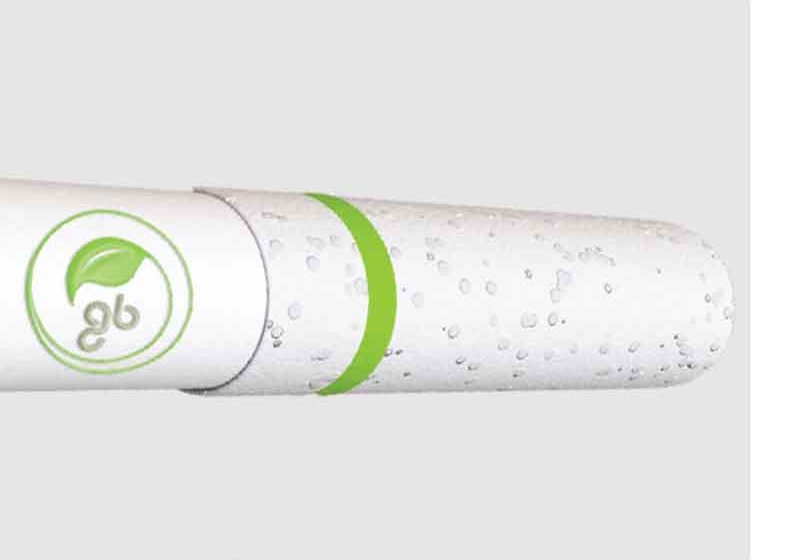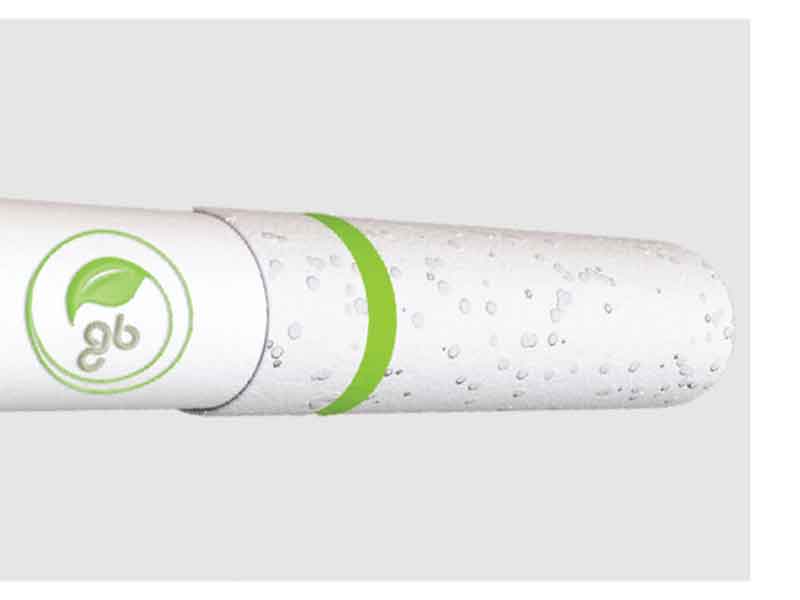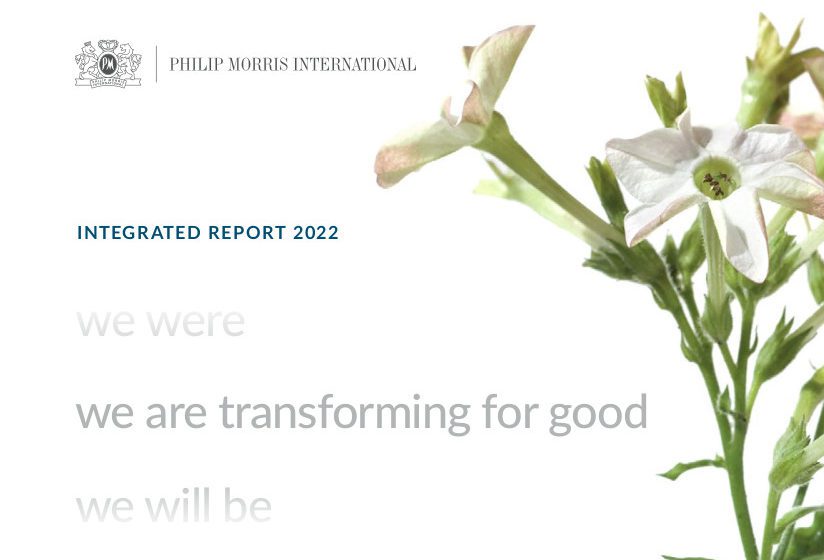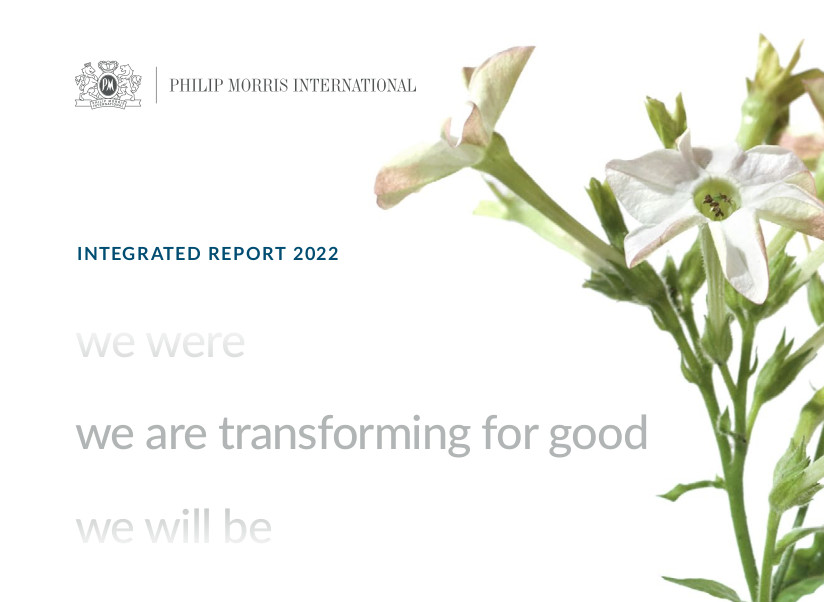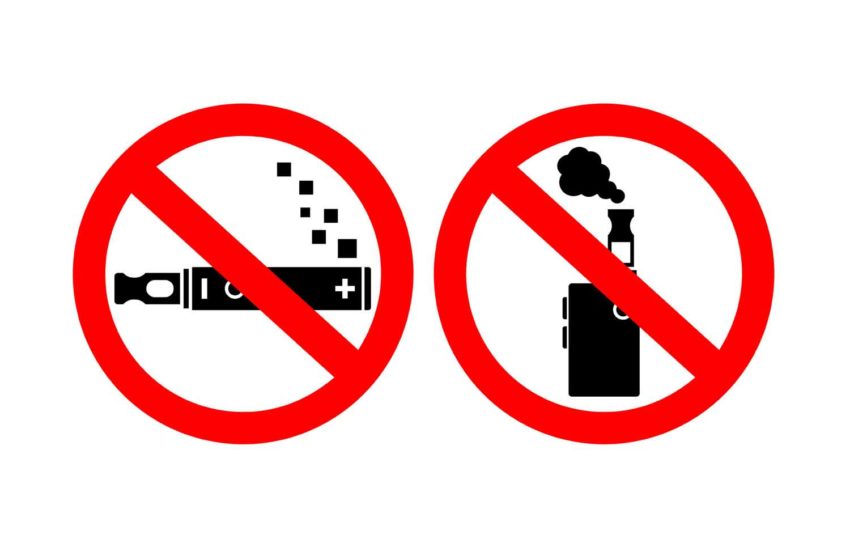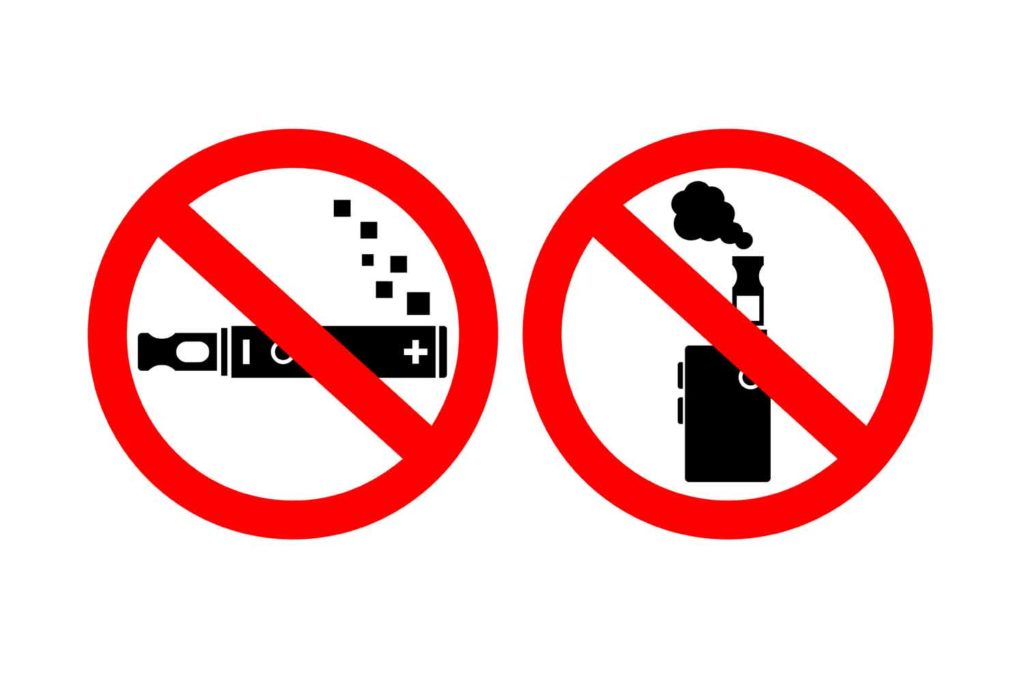A new study out of Israel shows that even when adults smoke outside, six out of 10 kids are at risk from tobacco smoke harm, according to The Jerusalem Post.
Researchers from Tel Aviv University tested for the presence of nicotine in the hair of children whose parents smoke. Data analysis showed that among smoking families who restricted smoking to porches or outdoors, 62 percent of children were exposed to tobacco smoke.
The first stage of the study, published two years ago, showed that 70 percent of children in smoking families, regardless of smoking location, had measurable hair nicotine content, but now the researchers have examined the data by location.
“Smoking should be avoided within a range of at least 10 meters from the house—and in open areas, smoking should be kept to a distance of at least 10 meters away from children,” the researchers wrote in the International Journal of Environmental Research and Public Health.
“The Israeli situation is of great concern because in many cases, porches in Israel are directly adjacent to the living areas and may even be partially open some of the time; the proximity allows smoke to drift from those areas to the interior of the house,” said Leah (Laura) Rosen, head researcher and professor at the School of Public Health in Tel Aviv University’s Sackler Faculty of Medicine. “The parents mistakenly believe that the porch offers a ‘safe’ place to smoke. In fact, the children are likely to be directly exposed when they come out to the porch and someone is smoking or when smoke drifts into the house.
“Once in the home, the smoke is absorbed into the environment, for example, into the furniture or walls or rugs, and is then gradually discharged into the air over weeks or months. Further, this residual smoke, known as thirdhand smoke, can be absorbed into the body from the environment via swallowing or through the skin, especially among infants and small children. In addition, smoking parents transmit the toxins from the tobacco smoke on their skin, on their hands, in their hair and on their clothing, so it is recommended to brush teeth, wash hands and change clothes after smoking before making contact with children.”
“The results of this study show that among smoking families, restricting smoking to the porch does not protect most children from exposure to tobacco smoke,” Rosen said. “Therefore, the health ministry’s approach, which opposes protection for individuals from smoke incursion into their own homes in order to protect the smokers’ children, does not protect the children of smokers, and in addition, it can cause substantial harm to neighbors and the children of neighbors.
“We ask the health ministry to reconsider its stand in light of these findings. Israel must make the reduction of parental smoking a national goal and invest the appropriate resources in this issue. Unfortunately, there are many misconceptions regarding when and how the exposure occurs. Eighty-five percent of tobacco smoke is invisible, and our sense of smell is not reliable, so many parents mistakenly believe that they are protecting their children while in fact they are exposing them to substantial health risks. As a society, we must safeguard citizens and distance everyone from the risks of tobacco smoke exposure, especially infants and children, pregnant women and all vulnerable populations.”






